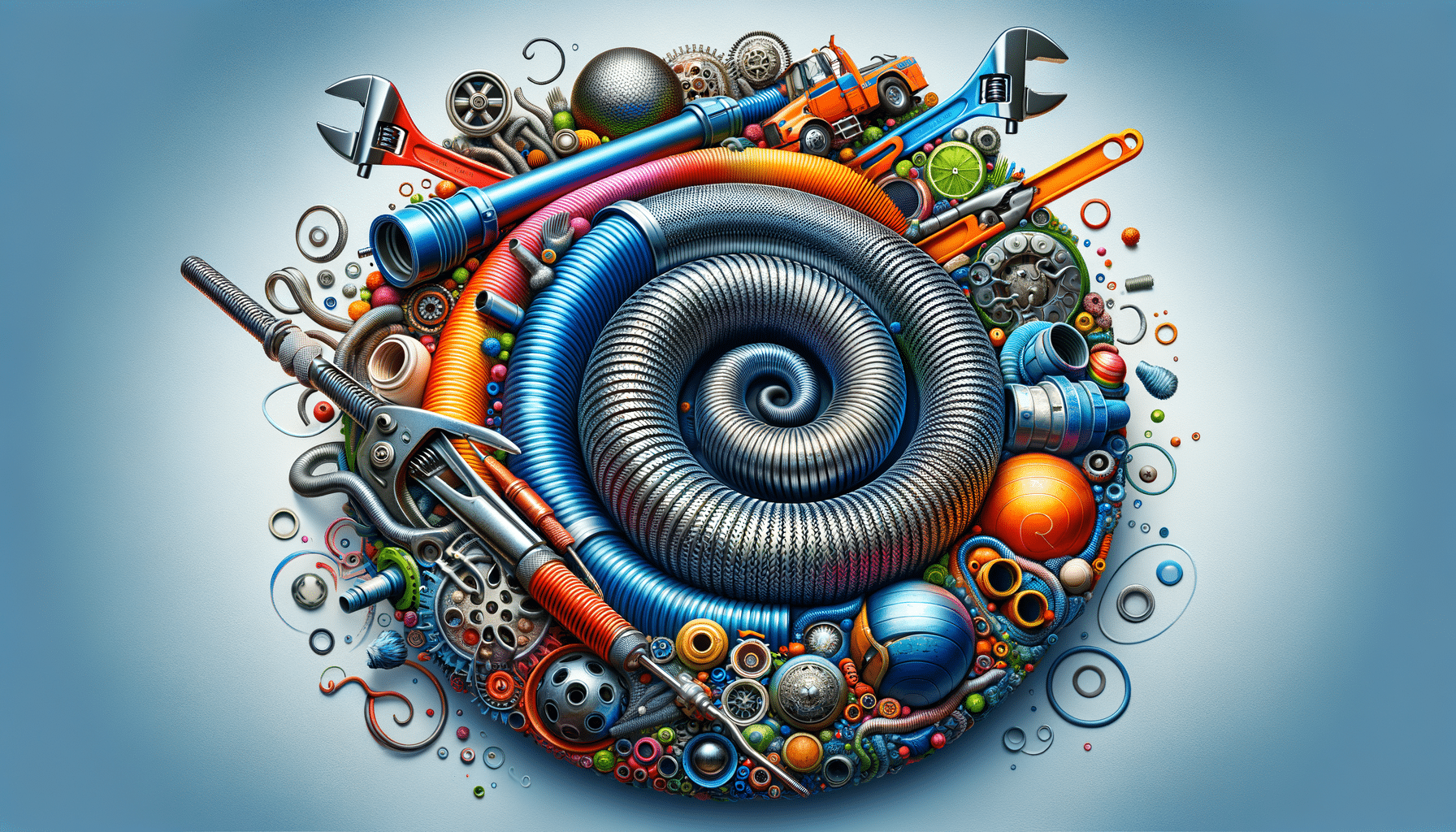
Keeping the Flow: A Comprehensive Guide to Drain & Pipe Cleaning
Understanding the Importance of Drain & Pipe Cleaning
Drains and pipes are the unsung heroes of our homes, quietly ensuring the smooth operation of our daily routines. However, when they become clogged, the consequences can be both inconvenient and costly. Regular cleaning of drains and pipes is essential to prevent blockages that can lead to water damage, unpleasant odors, and even health hazards. By keeping these systems in good condition, homeowners can avoid unnecessary repairs and maintain a comfortable living environment.
Clogged drains often result from a buildup of debris such as hair, soap scum, grease, and food particles. Over time, these materials can accumulate and restrict water flow, leading to slow drainage or complete blockages. In severe cases, clogged pipes can cause water to back up into sinks, showers, and toilets, creating a messy and unhygienic situation.
Moreover, stagnant water trapped in clogged pipes becomes a breeding ground for bacteria and mold, posing health risks to the household. Regular maintenance and cleaning can prevent these issues, ensuring that water flows freely and safely through the plumbing system.
Common Causes of Drain Blockages
Understanding the root causes of drain blockages is crucial in preventing them. Common culprits include:
- Hair: A frequent cause of bathroom drain clogs, hair can bind with soap scum and other debris to form stubborn blockages.
- Grease and Oil: In the kitchen, grease and oil can solidify in pipes, attracting other debris and creating a thick, sticky mass that obstructs water flow.
- Food Waste: While some food waste is biodegradable, items like coffee grounds and eggshells do not break down easily and can clog pipes.
- Foreign Objects: Small objects accidentally flushed down toilets or drains can cause significant blockages.
By being mindful of what goes down the drain and using strainers to catch debris, homeowners can significantly reduce the risk of blockages.
Effective Methods for Cleaning Drains and Pipes
There are several methods available for cleaning drains and pipes, ranging from simple home remedies to professional services. Some effective techniques include:
- Boiling Water: Pouring boiling water down the drain can help dissolve grease and soap scum, clearing minor clogs.
- Baking Soda and Vinegar: This natural cleaning solution can break down organic material and eliminate odors.
- Plungers: A plunger can create a vacuum effect to dislodge clogs in sinks and toilets.
- Drain Snakes: These flexible tools can reach deep into pipes to remove stubborn blockages.
- Professional Cleaning: For severe clogs, professional plumbers offer services like hydro jetting, which uses high-pressure water to clear pipes.
Each method has its advantages, and the choice depends on the severity of the clog and the homeowner’s comfort level with DIY solutions.
Preventive Measures to Maintain Clear Drains
Prevention is always better than cure, especially when it comes to plumbing. Implementing preventive measures can help maintain clear drains and avoid future blockages. Consider the following tips:
- Regular Cleaning: Schedule routine cleaning using natural solutions like baking soda and vinegar to keep drains fresh.
- Use Strainers: Install strainers in sinks and showers to catch hair, food particles, and other debris.
- Dispose of Grease Properly: Avoid pouring grease down the drain; instead, dispose of it in a sealed container.
- Educate Household Members: Make sure everyone in the household is aware of what should and should not go down the drain.
By adopting these practices, homeowners can extend the life of their plumbing systems and reduce the likelihood of costly repairs.
Conclusion: Ensuring a Smooth Flow
In conclusion, regular drain and pipe cleaning is an essential aspect of home maintenance that should not be overlooked. By understanding the causes of blockages, employing effective cleaning methods, and implementing preventive measures, homeowners can ensure their plumbing systems operate efficiently. This proactive approach not only saves money in the long run but also contributes to a healthy and comfortable living environment. Remember, a little maintenance goes a long way in keeping the flow smooth and trouble-free.